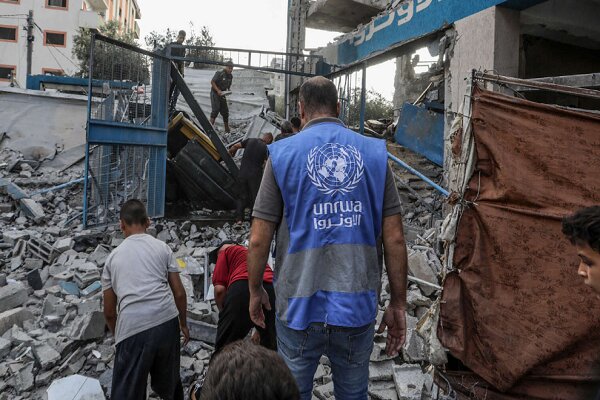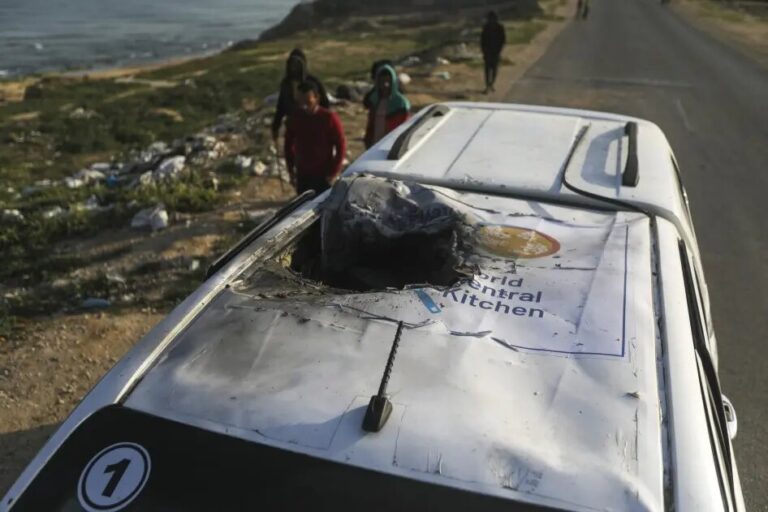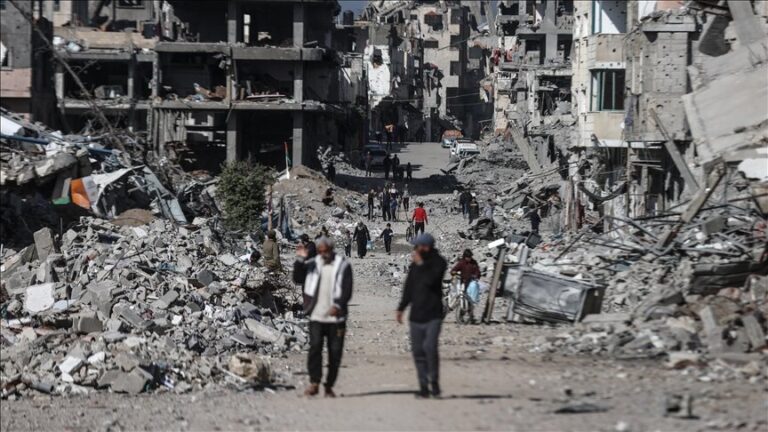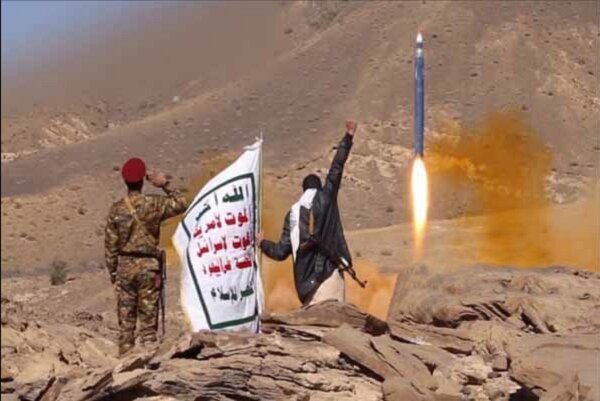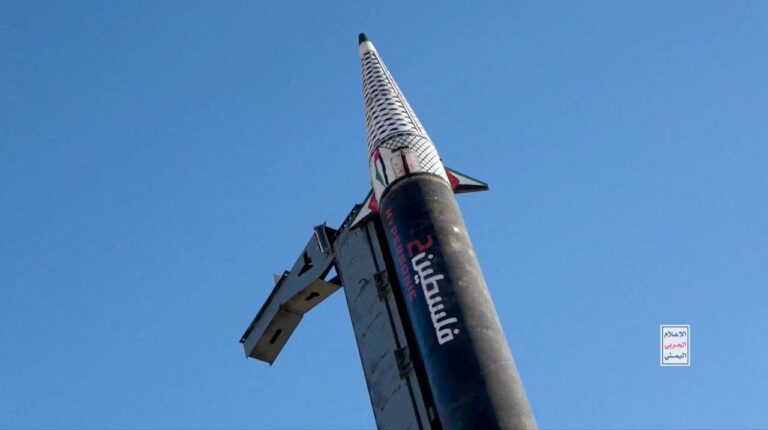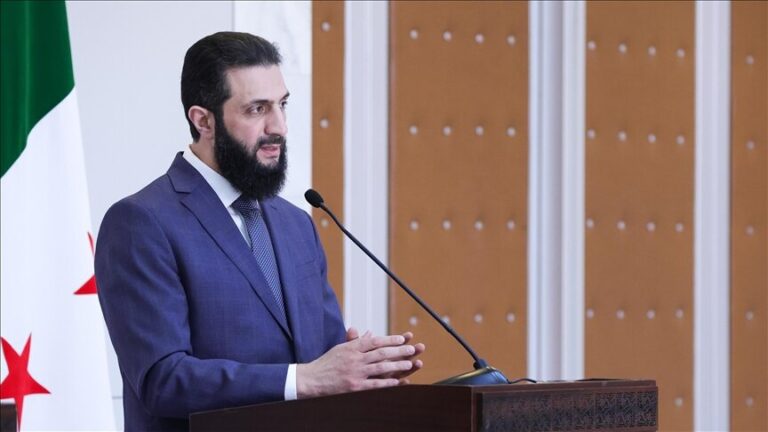Tragic Toll: Nearly 300 UNRWA Staff Lives Lost in Gaza Strip Conflict Since 2023
The ongoing conflict in the Gaza Strip has led to significant humanitarian challenges, as highlighted by UNRWA Communications Director Juliette Touma. In a recent statement, she revealed the devastating impact of the war, noting that over 270 staff members have lost their lives since the conflict began 15 months ago. This article delves into the current situation of UNRWA in Gaza, detailing the challenges faced by the agency and the implications of Israel’s recent legislative actions.
According to Touma, the situation in Gaza remains dire, with two-thirds of UNRWA facilities, including crucial shelters for displaced families, suffering damage since the escalation of conflict in 2023. The humanitarian crisis is exacerbated by the detention of 20 UNRWA workers by Israeli authorities, raising concerns about the safety and well-being of staff members working in the region.
In a significant move, the Knesset, Israel’s parliament, passed a law in October 2024 that prohibits UNRWA from operating within Israeli territory. This law has far-reaching consequences for the agency’s ability to provide essential services. Key points regarding this legislative action include:
- The law bans UNRWA from maintaining offices in Israel.
- It prevents the agency from providing services to Palestinian refugees.
- UNRWA is prohibited from engaging in any activities, either directly or indirectly, within Israeli borders.
This legislation was introduced amid allegations that some UNRWA employees were involved in the Hamas attacks on Israel on October 7, 2023. Israeli officials have repeatedly asserted that a number of UNRWA workers are affiliated with the militant group, raising concerns about the agency’s operations in the region.
Despite the challenges posed by the ban, UNRWA has continued its efforts in the Gaza Strip and the West Bank. On January 30, Stephane Dujarric, the spokesperson for the UN Secretary-General, confirmed that the agency was still providing support to those in need, despite Israeli restrictions. This determination to continue operations underscores the critical role UNRWA plays in delivering humanitarian assistance to vulnerable populations.
The international community has reacted strongly to Israel’s ban on UNRWA. Russia, in particular, has condemned the decision, asserting that it violates international law and undermines efforts to address the humanitarian crisis in Gaza. On January 28, Vasily Nebenzya, the Russian Permanent Representative to the UN, called upon the United States to exert pressure on Israel to lift the ban on UNRWA. This plea highlights the need for a collaborative approach to resolving the ongoing humanitarian issues faced by the Palestinian people.
As the situation in Gaza continues to evolve, the ongoing restrictions on UNRWA’s operations pose significant challenges for the delivery of aid and support to those affected by the conflict. The agency’s commitment to its mission remains steadfast, even in the face of adversity. The international community’s response will be crucial in determining the future of UNRWA and its ability to assist those in need.
In conclusion, the humanitarian crisis in the Gaza Strip is a pressing issue that requires urgent attention from the global community. The loss of staff, damage to facilities, and restrictions on operations underscore
